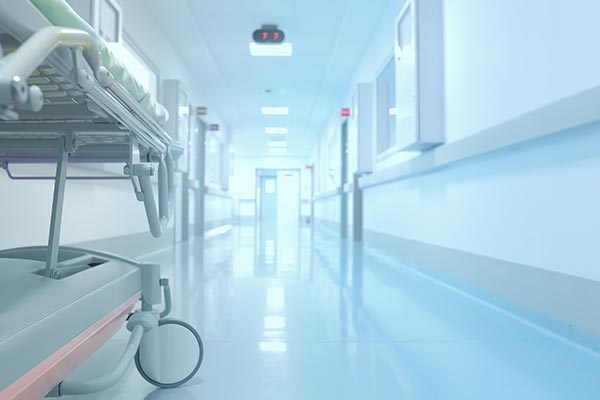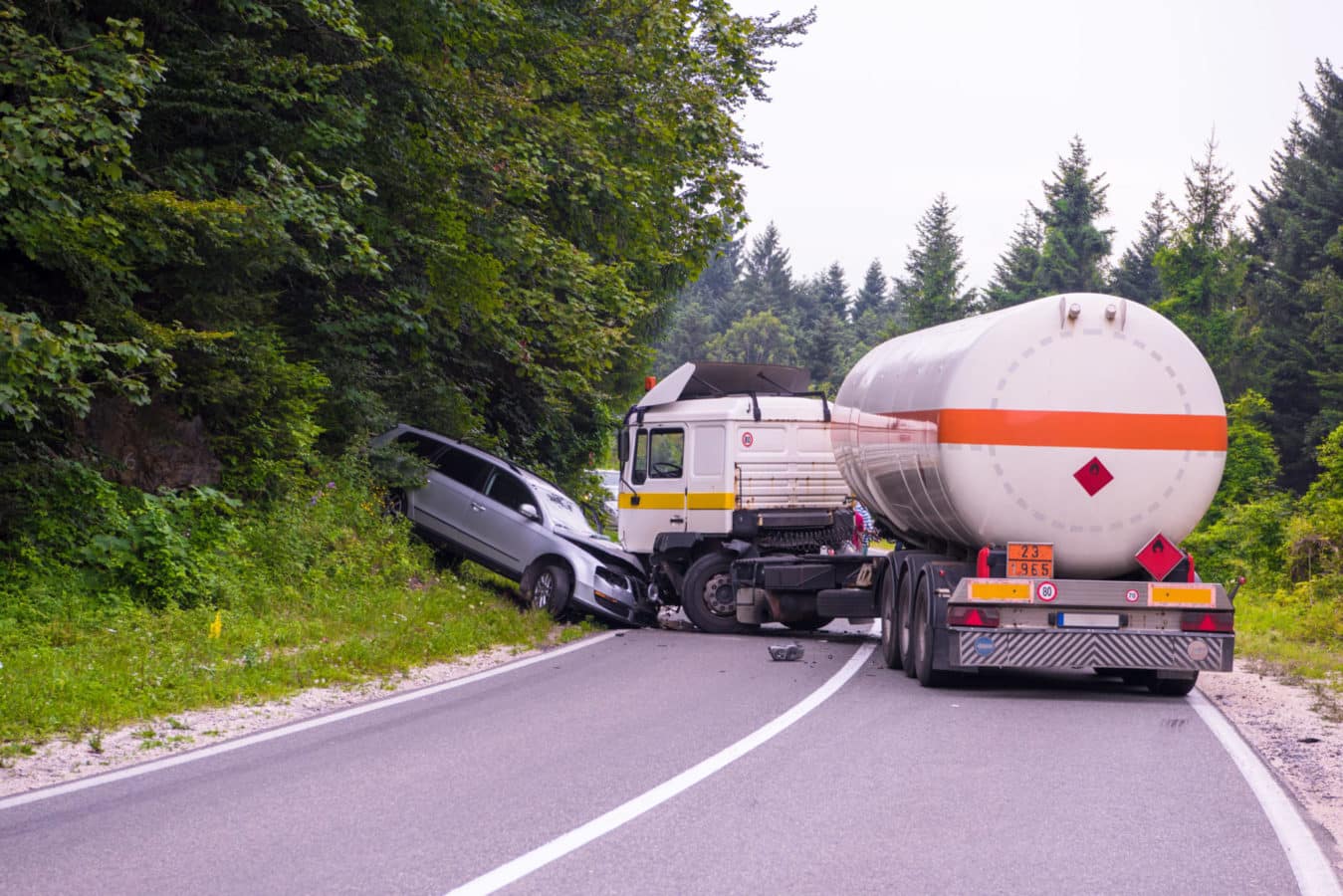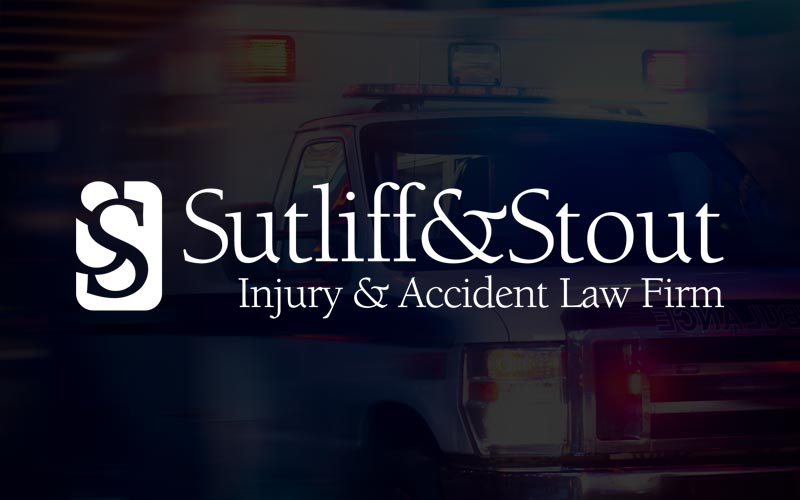 If you were recently involved in a car accident in which you were not the at-fault driver and had to be treated at a local hospital for your injuries, there is a substantial likelihood that the hospital will file a lien against you in an effort to maximize the payment the hospital gets for treating you.
If you were recently involved in a car accident in which you were not the at-fault driver and had to be treated at a local hospital for your injuries, there is a substantial likelihood that the hospital will file a lien against you in an effort to maximize the payment the hospital gets for treating you.
A large majority of hospitals are filing liens in accident cases because they can charge higher rates for their services and often times medical insurance companies are refusing to pay if the treatment was necessitated by an accident. If a lien is filed against you, you should receive a letter from the hospital that indicates that the hospital has placed a lien on your claim.
A notice is also filed with the County Clerk so as to put others on notice of the lien. Insurance companies often check the county clerk’s records before paying on a settlement and if a lien is filed the insurance company will make the check out to you and the entity who filed a lien against you.
This can be both frustrating and confusing when you’re trying to reach a settlement with the at-fault driver’s insurance company.
Is the hospital or doctor trying to extort me for my settlement money?
According to the hospital lien statute in Chapter 55 of the Texas Property Code, you are legally required to pay the hospital lien from your settlement case under the following circumstances:
(a) A hospital has a lien on a cause of action or claim of an individual who receives hospital services for injuries caused by an accident that is attributed to the negligence of another person. For the lien to attach, the individual must be admitted to a hospital not later than 72 hours after the accident.
(b) The lien extends to both the admitting hospital and a hospital to which the individual is transferred for treatment of the same injury.
(c) An emergency medical services provider has a lien on a cause of action or claim of an individual who receives emergency medical services in a county with a population of 800,000 or less for injuries caused by an accident that is attributed to the negligence of another person. For the lien to attach, the individual must receive the emergency medical services not later than 72 hours after the accident.
In other words, the law states that you have to pay the hospital lien if:
- You received treatment at that hospital within 72 hours of the car accident
- The car accident was caused by another driver and you file a personal injury claim
- If you are transferred to another hospital for further treatment, the other hospital can also file a lien and you must pay them as well
The statute also makes liens valid for “emergency medical services providers,” which includes emergency transportation companies. If you went to the hospital in an ambulance, the ambulance company may also file a lien against your claim, but only in a county with a population of 800,000 or less people.
Also, the ambulance had to have provided you services within 72 hours of your accident and the amount of its lien cannot exceed $1,000.
Prior to settling any claim, make sure that the hospital or emergency services company met the following requirements when filing a lien against your case, otherwise the lien may not be valid:
- The hospital or emergency services company filed the lien in writing BEFORE you were paid your settlement
- The hospital or emergency services company mailed you or your legal representative receive a written notice of the lien
- The hospital or emergency services company filed the lien in the county where you received their services
It’s important to note that an emergency room physician can also file a lien against your settlement, although it must be attached to the hospital lien itself. Often, emergency room physicians work as independent contractors. In the case an emergency room contract physician happens to treat you, they’ll likely attach their billed amount to the hospital lien.
Can I negotiate a hospital lien?
Some hospitals are more reluctant to negotiate liens than others, but it’s advised that you hire a legal professional to contact the hospital to try to settle the lien. This will help ensure that you do not overpay for the services you receive.
Negotiating a hospital lien also depends on the nature of your case and what your settlement includes. By way of example, if your settlement is just for the amount charged by the hospital, then it is likely that the hospital will attempt to take the majority of your settlement.
If you start receiving collection notices or bills before your case is settled and there is an existing lien on your case, your lawyer should contact the hospital to help cease collection efforts until your settlement is awarded.
Do hospitals file liens when treating all car accident victims?
Hospitals don’t always file liens when treating all car accident victims, especially if the victim they are treating is the at-fault driver. In that case, they’ll likely file against your health insurance, try to take an assignment of benefits from you, and send you notices of unpaid invoices and threaten to send you to collections.
It’s better to consult with a legal professional to explore your options and to ensure that the collection process is as fair as possible and leaves with you enough settlement money to fairly cover all of your damages, especially if your injuries caused you to lose wages and caused additional pain and suffering.
It’s also important to note that the at-fault driver’s insurance company won’t pay you your settlement funds until the hospital lien has been negotiated and resolved, so it’s better to ensure you are fairly represented in those negotiations before agreeing on a settlement amount.
Also, the hospital lien statute only allows hospitals to collect money from a third party, and not your own insurance company if you receive additional underinsured or uninsured motorist benefits.
Read More Here -> Accident Lawyers in Houston
- What is a Catastrophic Injury? - January 30, 2025
- Essential Guide for Pedestrians Hit by Cars in Texas - January 30, 2025
- How to File a Wrongful Death Lawsuit in Texas - January 15, 2025








 (713) 405-1263
(713) 405-1263  550 Post Oak Blvd, Suite 530
550 Post Oak Blvd, Suite 530